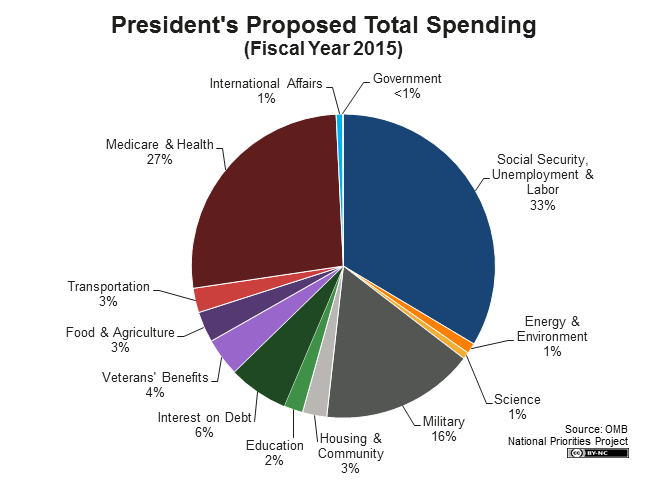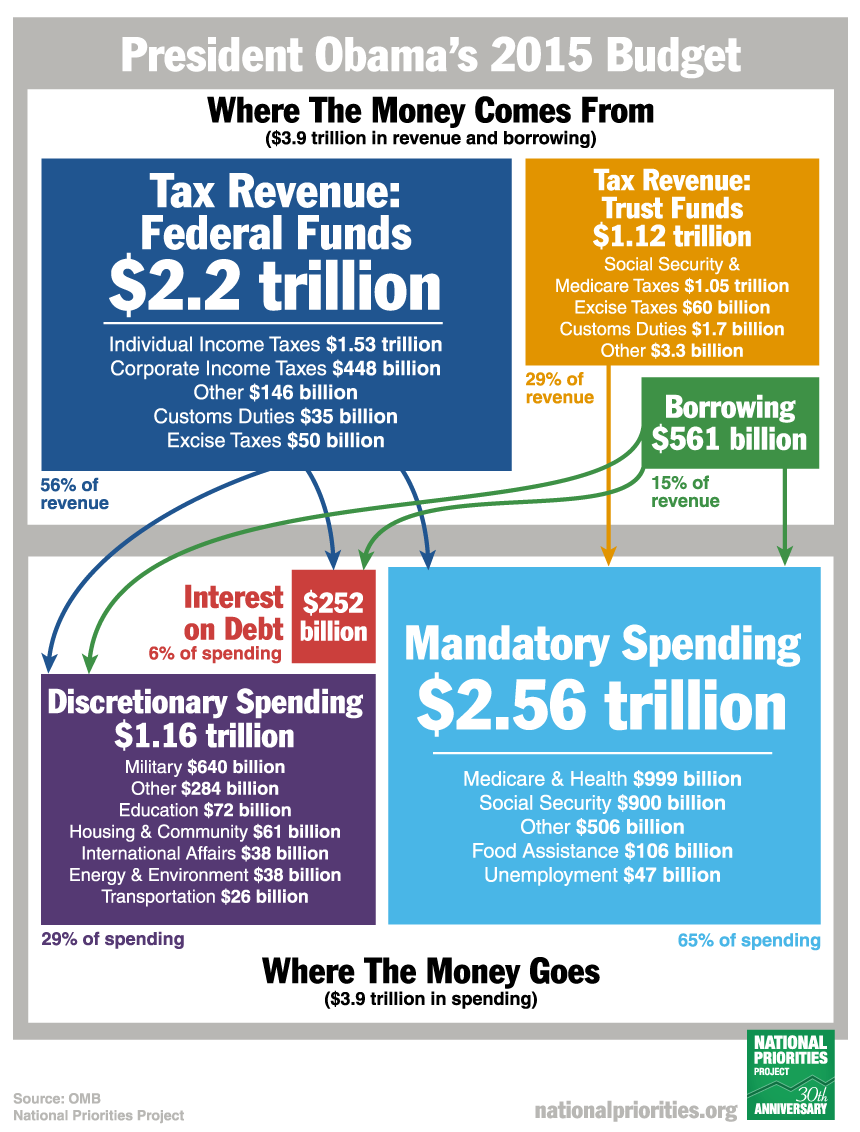Hold on...free you say? What's the catch? Where's this yard of yours?
California. Dandelions are in unlimited supply over here.
Unions would be such a better contributor to economies if they operated in a fair supply and demand environment and we could shake off the anti-scab sentiment.
Err ... Maybe we should have a conversation about unions?
I am used to employees treating workers as replaceable cogs, with no inherent value because there's always another one available. I am used to the only way that employee needs are taken into account by employers is when the employees stand up together, and general shoppers listen to accounts of bad employers by the complaining employees.
If my union considers doing on strike, I should have to weigh the value we contribute versus the possibility of a fleet of people going in and stealing my job. If I'm a typewriter repair person and Local Typewriters 204 goes on strike and there's a million other unemployed typewriter repairpersons who want my job, I shouldn't be able to call them scabs if I piddle away my job like that.
Hmm... So, if a company says "We can hire someone cheaper than you, drop your price or we go elsewhere for labor", then you feel that there's nothing wrong with that?
My thesis was that economic and political decisions were inseparable -- your economic views determined your political views. With that view, if there's a way to get cheaper, foreign workers to work for you, why not do so?
Lets get back to something that is probably unrelated. Remember that discussion about retirement savings and the death age? If you are from a country that has people living to 80-95 regularly, with the expectation that old people have retirement accounts to live on, are you going to be able to compete, labor-wise, with someone from a country where people typically die around 50-65, with no one saving for retirement because that country has a lower standard?
Importing foreign workers, or shipping work overseas to lower wages, is nothing more than a race to the bottom. It is saying that retirement funding can't happen until world-wide unemployment has dropped to where there is world-wide shortage of labor -- and the people of this country (whereever you are) have to compete against the cheapest labor in the rest of the world.
Now, who does that benefit?
If my union considers doing on strike, I should have to weigh the value we contribute versus the possibility of a fleet of people going in and stealing my job. If I'm a typewriter repair person and Local Typewriters 204 goes on strike and there's a million other unemployed typewriter repairpersons who want my job, I shouldn't be able to call them scabs if I piddle away my job like that.
Yes, if a market is over-supplied with providers, whether it is milk producers, coffee shops, or labor in a saturated market, then providers will have to lower prices, or leave the market; demand is less than supply. That's basic stuff.
Any negotiation where you cannot say "I leave the table" is not actually a negotiation. If an employer is offering a poor wage package, and the union cannot say "We leave the table, and go on strike", because the jobs will be lost to other would-be workers, is not actually a negotiation. There is nothing to offer / trade / discuss.
Massive opening of labor opportunity to massive amounts of people does not help those who are working -- it helps those who are employers, and those who are in the new hire section.
With that in mind, consider two cases:
1. A government that opens its labor to people in other countries. Hurts the citizens of that country, helps citizens of other countries, and businesses.
2. Hollywood's screen actors guild, which acts to restrict who can work in films -- at the expense of others in the country that would want to and cannot.
To me, the line is the country/citizens. Case #1 is bad, because it hurts citizens of this country, which is against the point of the government. Case #2, opening up film industry access helps citizens of this country, at the expense of a few lucky ones already in the guild.
That is the issue with unions / labor to me.
By the way, SAG can do this because it has the support of other unions. Summarizing to the point of error, the writers, actors, production crews (think lighting / set building / etc), all are in agreement that they all go on strike together. Since antagonizing one union is antagonizing everyone, no studio can break the unions until they are willing to re-hire every single worker from scratch.
And yet, there still are some non-union productions that happen occasionally.


